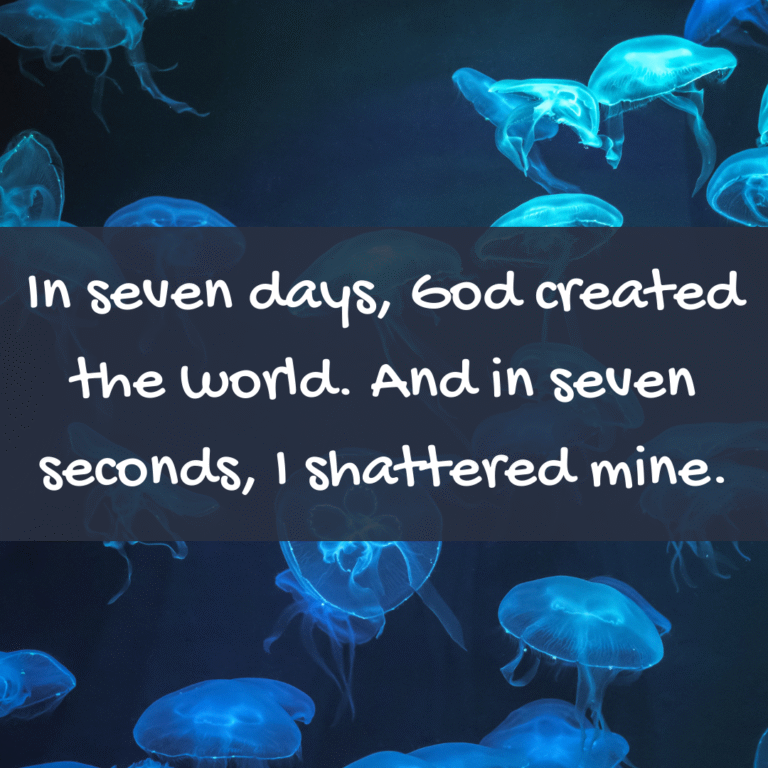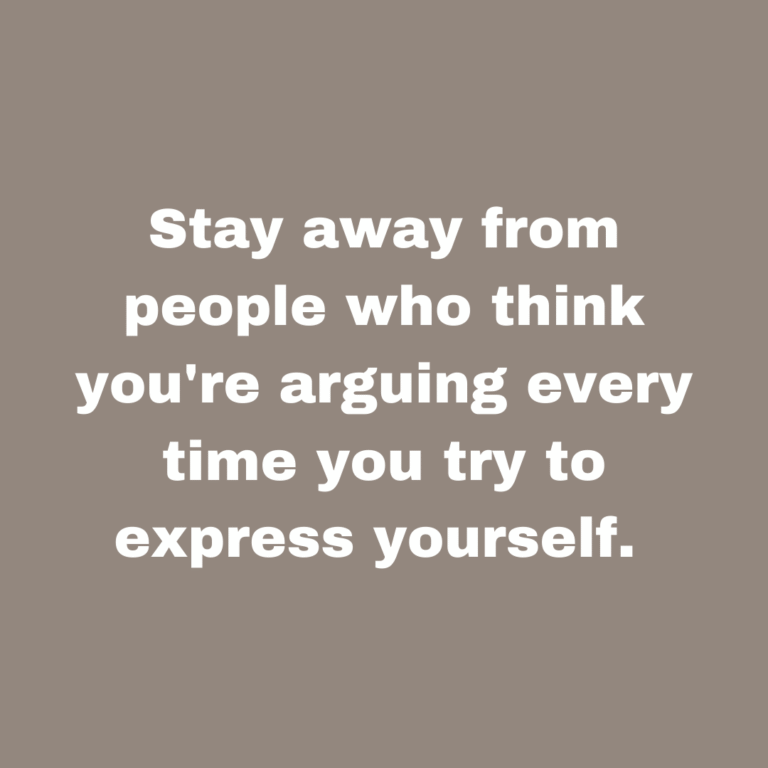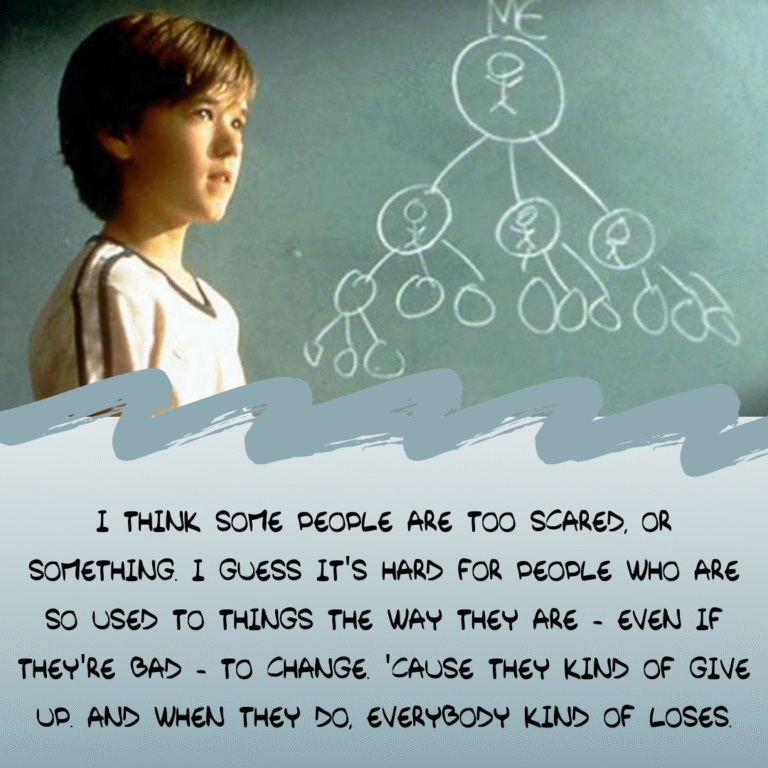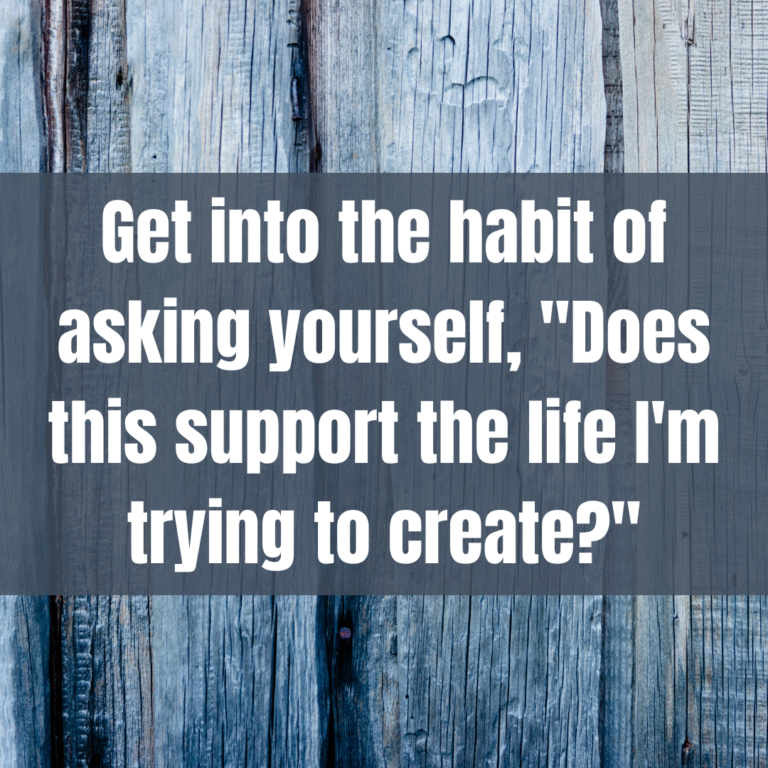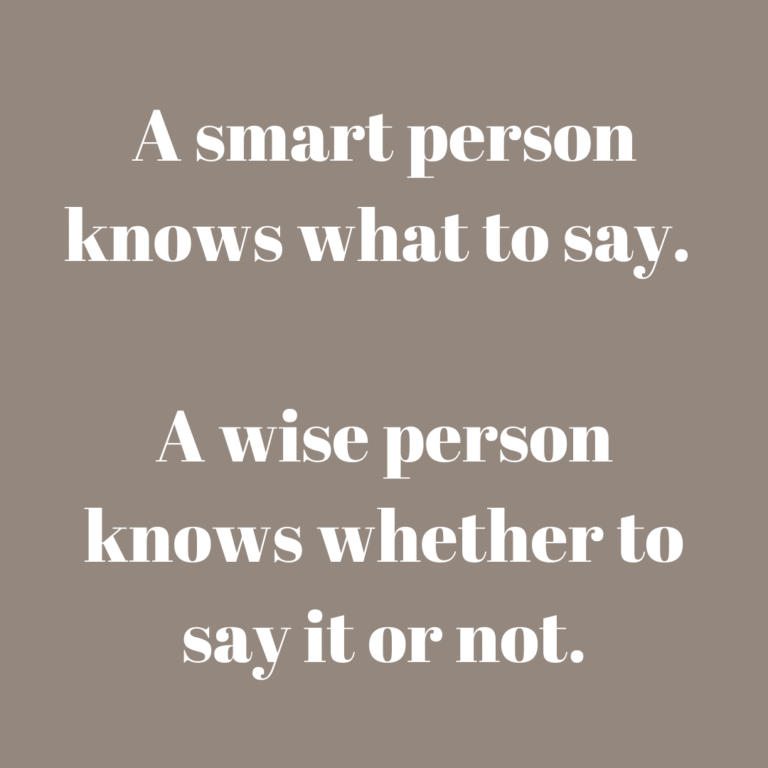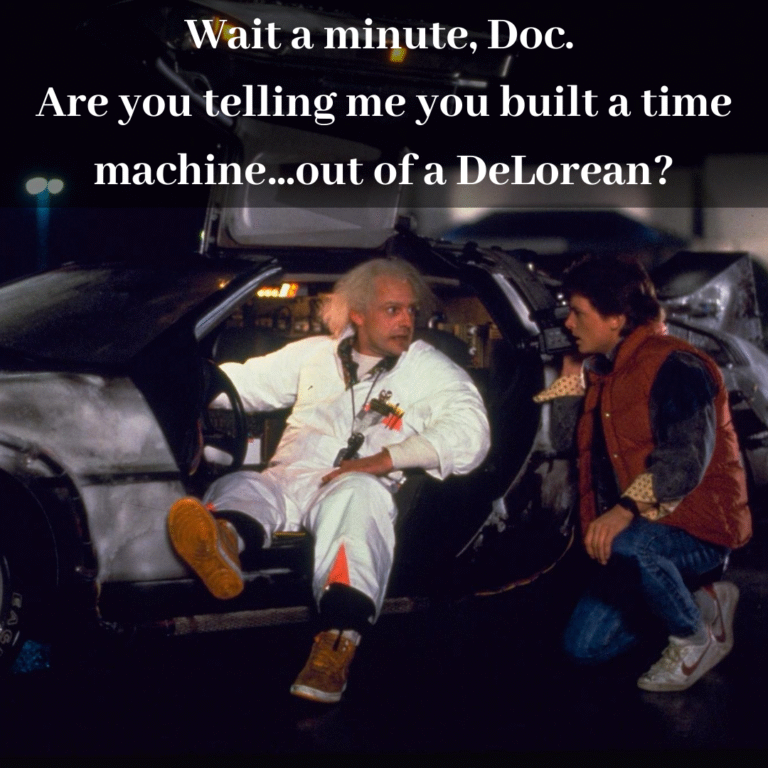In seven days, God created the world. And in seven seconds, I shattered mine.
In the movie Seven Pounds, Will Smith plays a character named Tim Thomas who poses as his brother Ben, an IRS auditor, throughout most of the movie. One evening while he is driving with his fiancée, he is texting while driving and ends up colliding with a van, killing all six occupants, as well as his fiancée.
In an attempt to make things right, he carefully plans his suicide and preserves his organs. He intends to change seven stranger’s lives, by donating organs to six people he has vetted himself. He also leaves his ocean front, beautiful home to a woman and her kids who are in an abusive situation.
While there are some medical and technical inconsistencies with the plot of this movie, I think it illustrates the lengths some will go for redemption. And how quickly our lives can change in an instant.
The title, Seven Pounds, refers to Shakepeare’s pound of flesh metaphor. And Tim Thomas’ purpose after the accident becomes to make seven strangers’ lives better to compensate for the lives he destroyed.
What we can learn from this movie, is our lives can change dramatically in a matter of seconds. One seemingly harmless decision, like texting while driving, can destroy the lives of others, as well as their loved ones.
While Tim Thomas goes to extremes for his redemption in this movie, I think it teaches us that it is also important to forgive ourselves for our mistakes. Even horrible ones. For him, the only solution is to die and donate his organs to strangers he has found who need them and giving his house away to someone who is in need of a place to live. It is a beautiful story about sacrifice and the need to make things right, but there are other ways to accomplish that.
There have been things that I have done in my life that have literally kept me up at night in tears feeling remorse and sadness for what I have done. So, I get the need to make things right. But maybe in Tim Thomas’ case, he lived for a reason. And maybe it wasn’t so he could find seven worthy strangers and kill himself so he could make their lives better. Maybe he could have found a way to enrich their lives and even reach more people, by staying alive.
Guilt and shame can eat us alive, if we allow it to. If you are still alive and breathing, there is still good work you can do here. What you did and what you learned can be someone else’s manual that prevents bad things from happening to others. Remember, even if you made bad choices in the past, they were bad choices. It doesn’t mean that who you are is bad.

